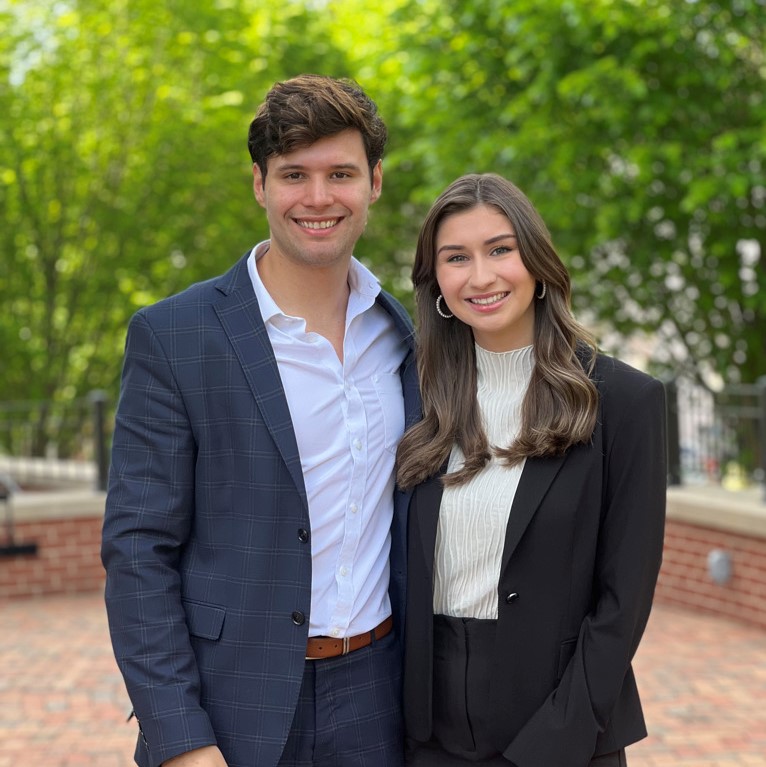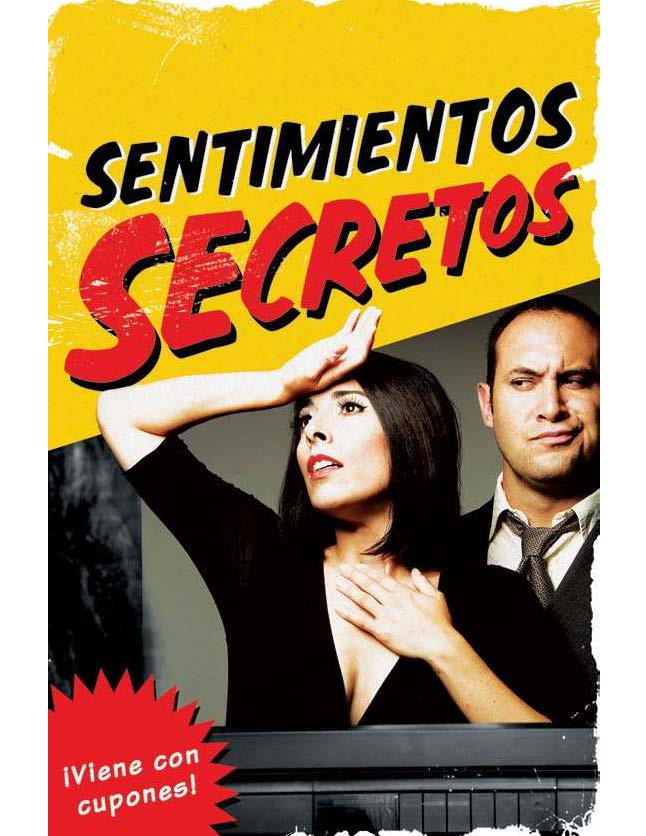By: Javacia Harris Bowser
Is it possible to make something as serious as mental health education fun? Albert Schweitzer Fellows Salomon Roman Soto and Yolanda Amezaga think so, and they believe it’s the key to reducing the stigma around mental health treatment.
The second-year medical students have teamed up with the Community of Hope Health Clinic to put this theory into action. The Community of Hope Health Clinic is a free healthcare clinic that offers mental health services once a week. However, about 60 percent of patients fail to show up for their scheduled appointments.
“Our main goal so far has been to increase the education around mental health within the Hispanic community that goes to the Community of Hope Health Clinic,” Salomon explains.

And he and Yolanda are seeking to do this with a tool called a “fotonovela.”
“It’s like a soap opera on paper,” Salomon explains.
Rather than handing patients a boring brochure that lists signs, symptoms, and treatment options, the fotonovela conveys this information in a captivating and relatable way through pictures and an engaging story that’s written in Spanish.
“We wanted to steer away from a pamphlet and wanted to do something that we knew would work within the population in terms of educating them,” Yolanda says. “The fotonovela brings up these topics in a way that will make it a lot more interactive and will allow the patient to put themselves in that position and will think, ‘Have I experienced this before?’”
The fotonovela is a peer-reviewed and research validated project that was developed by University of Southern California faculty.

Along with introducing patients to the fotonovela, Salomon and Yolanda are also focusing on outreach, calling patients to answer questions and give them a rundown of what to expect during a mental health care day so they’ll feel more comfortable and prepared for their visit.
“Of course, there’s a lot of other barriers to health care within our population like transportation, language barriers, financial, a lot of social determinants of health,” Yolanda says. “Thankfully, the Community of Hope Health Clinic has done a great job in eliminating a lot of those barriers.”
She and Salomon are determined to help to eliminate the barrier that a lack of mental health education can create. They’ve witnessed firsthand the misconceptions about mental health that exist within the Hispanic community.
“Salomon and I are both part of the Latino community and whenever we tried to bring up these conversations, we noticed there’s a stigma around it,” Yolanda says. “Once we came to medical school and learned more on the topic, we realized that it was our role to give education on the topic as much as we can.”
Salomon says that many Hispanic families are so focused on working hard that there’s no time to examine feelings and thoughts.
“You just have to keep going, keep working, keep doing,” he says. “There’s always this concept of people that go to seek out help for mental health issues are going to the ‘crazy doctor.’”
Through conversations and educational resources like the fotonovela, Salomon and Yolanda hope to teach others in their community not to be ashamed to seek help. They want to help to convey that depression isn’t just being sad, that mental health can impact physical health, that it is possible to take mental health medication and not develop an addiction, and that mental illness should be taken seriously and not shrugged off as a bad day.
They’re already seeing results. Patients have opened up about experiencing symptoms of depression and anxiety. And they’ve shown a better understanding of mental health medication.
“The responses we’ve gotten have been very heartwarming,” Salomon says.
He and Yolanda want to keep the progress going long after their ASF project has ended. They hope to make the fotonovela available online and to help recruit more Spanish-speaking medical students to volunteer at the Community of Hope Health Clinic. Eventually they hope the fotonovela will be available as a video too.
Saloman and Yolanda, who are both students in the University of Alabama at Birmingham’s Heersink School of Medicine, haven’t decided what they want to specialize in as doctors. But they’re both confident that this project will have a lasting impact on their careers no matter what path they choose.
“Creating a project like this has been so important for our careers just because this can translate to anything that we want to do, whether that is more research-focused or more community outreach,” Salomon says. Yolanda agrees: “I think this project has allowed us to gain skills that you can obtain by a curriculum, but it’s better if you experience it firsthand.”



